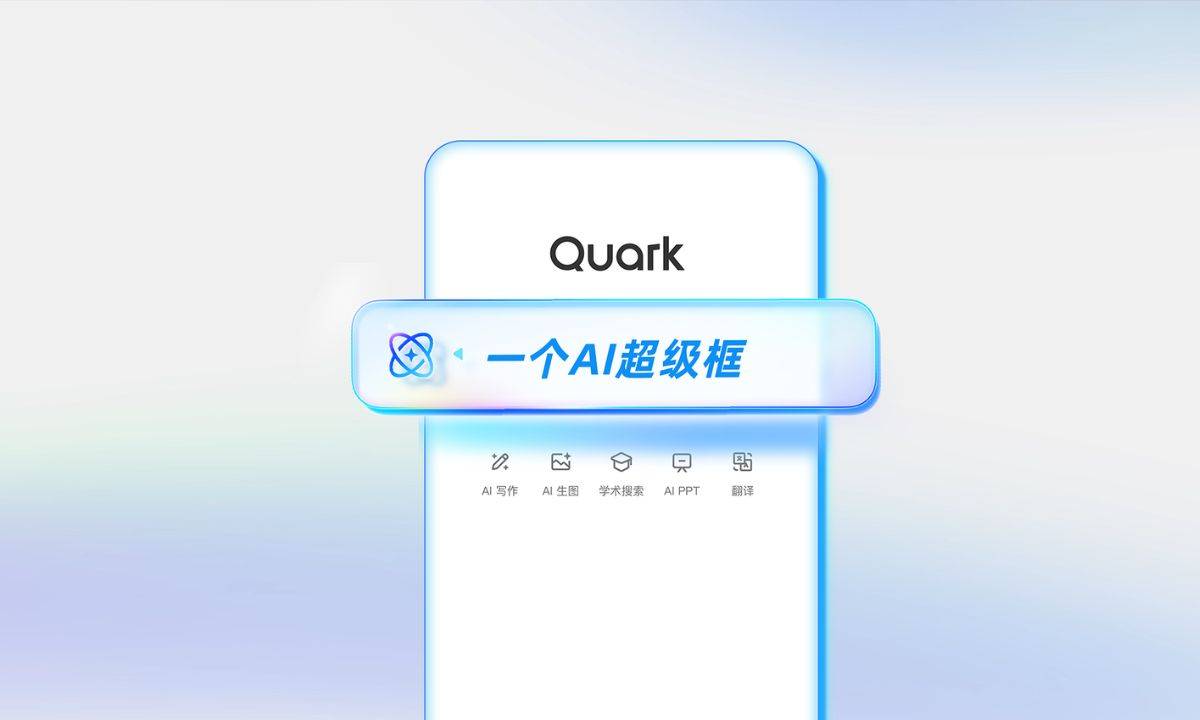
Alibaba Group’s brand-protection efforts grew in scale and effectiveness last year, according to a 2018 annual report released Thursday by the e-commerce giant.
A combination of ever-improving technologies and close partnerships with the brands selling on its shopping platforms helped to deliver record results for the Hangzhou-based company in the areas of proactive takedowns and successful removal requests, as well a decline in suspect listings, the report noted.
“Alibaba Group has shown dedication and commitment to intellectual property rights protection throughout its history, and each year Alibaba strives to build upon the prior year’s success,” the company wrote in the annual report. “Thanks to the combined efforts of Alibaba and other IPR stakeholders, each of Alibaba’s major IPR protection metrics showed marked improvement in 2018.”
Read the full 2018 Alibaba IPR report here.
According to the report, key improvements as a result of Alibaba’s increasingly effective IP protection programs include:
- 96% of proactively removed listings eliminated before a single sale took place.
- Rights holder takedown requests declined 32% year-over-year.
- 96% of removal requests submitted through Alibaba’s Intellectual Property Protection Platform (IPP Platform) during business days processed within 24 hours.
- The number of listings removed in response to consumer reports of suspected counterfeits dropped 70% yoy.
- Offline collaborations with brands and law enforcement resulted in more arrests and the closure of more illicit facilities than 2018.
(See below for a graphic with further highlights from the report.)
In addition to its emphasis on technology, Alibaba pointed to its partnerships with stakeholders as critical in the fight against counterfeits, including rights holders, industry associations, governments and law enforcement. Last year, membership in the Alibaba Anti-counterfeiting Alliance, which combines industry and technical know-how in the fight against IP infringers on Alibaba’s e-commerce platforms, grew to 121 brands from around the world, up from 30 at its launch in January 2017.
“Such growth not only demonstrates Alibaba’s commitment to collaboration with rights holders in the digital era, but also the increasing recognition by industry stakeholders of the AACA’s role as an important and effective community for IPR protection,” Alibaba said in the report.
Face-to-Face Dialogue
Alibaba’s IPR Enforcement teams are in Boston this week attending the annual spring conferences of the International AntiCounterfeiting Coalition (IACC) and the International Trademark Association (INTA) when the report was released on Thursday.
At the IACC conference, Alibaba kicked off by hosting roundtable discussions along with other platforms to provide brand owners with the opportunity to develop relationships, ask questions, and learn about IP protection best practices and resources in a small group setting. Alibaba also participated in a panel with P&G, the UK Anti-Counterfeiting Group, Western Union, and the U.S. Department of Justice regarding offline investigations. In addition, Alibaba participated in an ongoing E-Commerce Working Group coordinated by the National IPR Coordination Center. The working group brings together leading e-commerce companies, shippers, payment services, and several U.S. federal agencies such as ICE, FBI, and the Department of Justice, to, among other important functions, help target large-scale traffickers in counterfeit goods. On Friday, Alibaba will also host events to engage with online IP service providers and share the latest updates on its IP Protection Platform with brands.
In his opening remarks at the IACC Spring Conference on Thursday, IACC President Bob Barchiesi applauded Alibaba’s leadership in IP protection and the strong results from IACC’s collaboration with Alibaba. “We partnered with Alibaba when others expressed skepticism, and history proves us right.” The collaboration between IACC and Alibaba on the IACC MarketSafe Expansion Program took down hundreds of thousands of infringing listings and permanently banned more than 15,000 bad sellers, according to the IACC.
During the INTA conference next week, Alibaba will host roundtable discussions with senior leaders from current Alibaba Anti-Counterfeiting Alliance member companies to discuss the alliance’s initiatives and issues critical to brand protection. Throughout the two conferences, Alibaba will meet with more than 25 brands one-on-one to exchange information and ideas about IP protection, and explore ways to strengthen collaboration.
Three Pillars
In its annual IP protection report, Alibaba also attributed its successes to a number of IPR initiatives put in place by the company:
- Enhanced Notice and Takedown: Alibaba’s IPP Platform, which allows brands to submit online requests to protect their IPR, was upgraded in 2018 to give brands the ability to track the full complaint process and counter-notices submitted by merchants. Alibaba expanded support to brands through increased telephone and email availability, as well tutorials and other English-language educational resources within the IPP Platform, such as FAQs, case studies and video instructions, the company said. In addition, Alibaba’s “Good Faith” takedown program, which makes it easier for rights holders with a strong track record of successful takedown requests to submit those requests, moved to automatic membership for qualified brands and further relaxed the requirements necessary to join. The two improvements helped to grow the program’s membership 44% year-on-year as of October 2018.
- Cutting-Edge Technology for Proactive Monitoring: Alibaba had already been using technologies such as image and semantic recognition algorithms, real-time monitoring and interception, bio-identification and algorithms to detect abnormal merchant behavior as a way to fight infringing listings on its platforms. In 2018, the company also started to analyze emotional and semantic patterns in comment fields of listings and negative consumer feedback to merchants as leads for further investigation; analyzed user traffic and merchant transactions to better detect suspicious activity; and used technologies, such as voice and semantic recognition algorithms and image and character recognition algorithms, to monitor the livestreams to ensure that no counterfeit activity was taking place.
- Continued Work with Law Enforcement: “Online counterfeiting sales are a reflection of offline counterfeiting activities,” Alibaba said. So, in 2018, the company continued to complement its online governance with offline investigations. Engagement with law enforcement expanded to 31 provinces, regions and municipalities across China and provided 1,634 IP-related leads. This contributed to the arrest of 1,953 criminal suspects and the closure of 1,542 facilities involved in the manufacturing and distribution of illicit goods. The total value of these cases was estimated at RMB 7.9 billion.
Also highlighted in the report were the role that consumers play in fighting IP infringers, its efforts in stakeholder collaboration and outreach, how it helps small businesses access better IP-protection tools, advocating for best and fair practices within the business, legal and government communities and the work of the AACA. All of these have been crucial in protecting brands across Alibaba’s platforms and making its marketplaces safe for both merchants and consumers.
Alibaba “understands that trust is essential for the health and sustainability of its businesses. Quality and authentic products will always be at the heart of that trust, and in its role as a global technology leader, Alibaba remains committed to the protection of IPR,” the company said.






